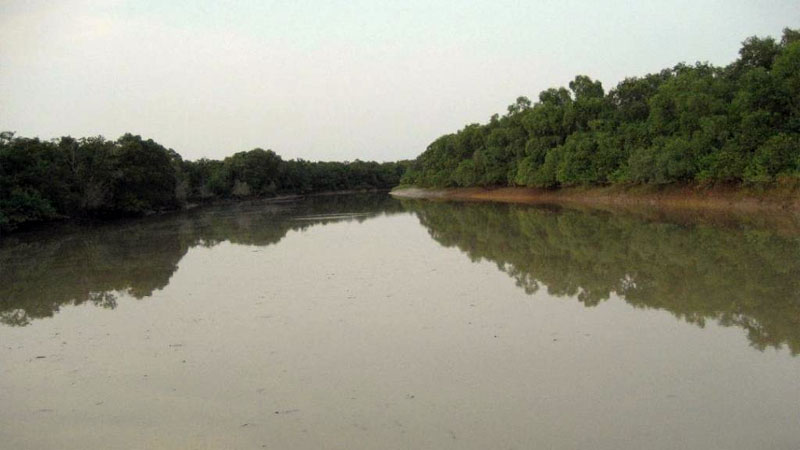Exclusive content

In Kendrapara district of Odisha, India, a grave environmental and health crisis is unfolding due to the illicit practice of harvesting fish and prawns using pesticides in river water. The situation poses a significant threat to freshwater biodiversity and community well-being.
Illegal Practices Poisoning Rivers
Miscreants have targeted the Kharasrota, Bramhani, and Kani Rivers, resorting to the use of pesticides to harvest shrimp and fish. This unlawful activity not only jeopardizes the health of the rivers but also endangers the lives of those who rely on them for sustenance.
The consequences of pesticide exposure are dire, manifesting in various skin diseases among individuals who depend on river water. Moreover, local fishermen, whose livelihoods hinge on these rivers, face unprecedented challenges as their catches dwindle and the water becomes increasingly toxic.
Government Response
While the administration has pledged to address the issue and crack down on the perpetrators, the illegal practice persists, unabated. The promises of action offer little solace to the villagers whose lives are intertwined with the rivers now contaminated by poison.
In Aul Block, once teeming with life and livelihood opportunities for over 600 fishermen, despair looms large. The rivers, once a source of sustenance, have transformed into conduits of poison, leaving the fishermen and their families in dire straits.
Uncertain Future
As the situation worsens and questions linger unanswered, uncertainty looms over the fate of the villagers and the freshwater ecosystem they depend on. The eradication of the poison, the delivery of justice to the fishermen, and the timing of decisive action remain pressing concerns.